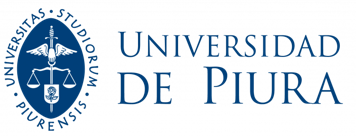Revistas
-
Revista de Comunicación
Revista de Comunicación es la publicación académica de la Facultad de Comunicación de la Universidad de Piura. Difunde investigación en el ámbito científico de la comunicación desde sus inicios en 2002. Es una revista científica, en acceso abierto, internacional, indexada, arbitrada doble ciego, sin fines de lucro, cuyo propósito principal es promover la reflexión entre académicos y especialistas del mundo en el amplio campo de los estudios de comunicación. Está indexada en SCOPUS, Web of Science, SCielo, Redalyc, Alicia, DOAJ, Latindex, REDIB, Dialnet, C&MMI, CONFIBERCOM, JSM, SJR, EBSCO, ERIH+, etc.
-
Mercurio Peruano. Revista de Humanidades
La revista, fundada por Víctor Andrés Belaunde en 1918, publica artículos, ensayos, notas y reseñas de los más variados temas de interés humanístico y con especial atención hacia los problemas vinculados con la identidad, la historia y la vida social y cultural del Perú que conforman la peruanidad como una síntesis viviente. La Universidad de Piura asumió la dirección de la revista en 1991, por especial encargo de la Asociación para el Desarrollo de la Enseñanza Universitaria (ADEU), depositaria de los derechos de la revista por expreso deseo de los herederos de su fundador.
-
Revista de Derecho
Es una revista científica dedicada a la investigación, reflexión y divulgación de los distintos aspectos del Derecho. Con un enfoque multidisciplinario, busca explorar a fondo las diversas ramas jurídicas, ofreciendo un espacio para el análisis crítico de las problemáticas que afectan tanto al ámbito académico como profesional.
Su objetivo principal es promover el conocimiento jurídico, facilitando el intercambio de ideas y la discusión entre académicos, estudiantes y profesionales del Derecho.




